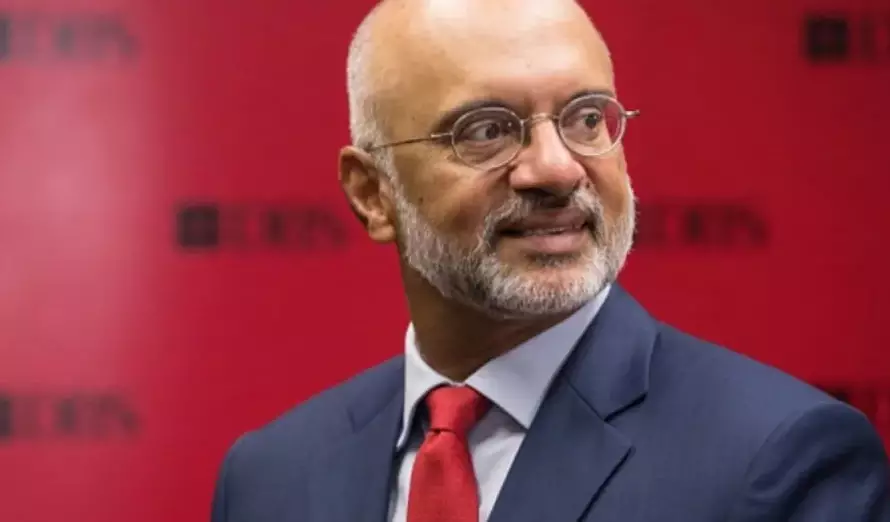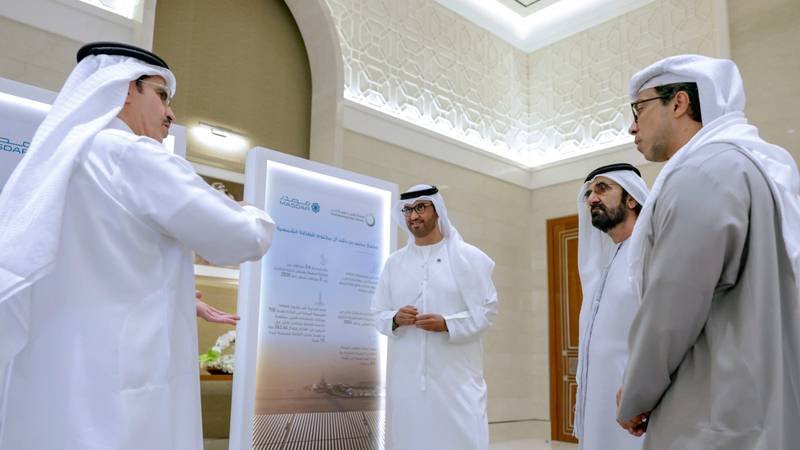JOHANNESBURG, SOUTH AFRICA —
The BRICS group of fast-developing economies — Brazil, Russia, India, China and South Africa — has positioned itself as an alternative to the Western-dominated global order. BRICS officials say that spirit has sparked the interest of some 40 countries in joining as the bloc gears up for a summit in August.
Current BRICS chair South Africa is hosting the three-day meeting in Johannesburg next month and says BRICS expansion will be high on the agenda.
Argentina, Iran, Saudi Arabia and the United Arab Emirates are among the countries looking to join, South Africa’s BRICS ambassador, Anil Sooklal, told journalists, adding that it demonstrated the confidence Global South nations have in the organization.
“Twenty-two countries have formally approached BRICS countries to become full members. There’s an equal number of countries that has been informally asking about becoming BRICS members,” Sooklal said.
BRICS is seen as “a powerful force,” said Sooklal, who added that measured by purchasing power parity it now accounts for 31.7% of global GDP, having overtaken the G-7 — a forum of advanced democracies that includes the U.S.
But analysts differ in their assessment of what concrete achievements BRICS has made since its inception in 2009.
“The New Development Bank, which has done a substantial amount of lending … is the most prominent achievement. It’s also led to some increased trade between the countries, it’s won some international attention,” said Daniel Bradlow, a University of Pretoria professor who has studied the bloc.



